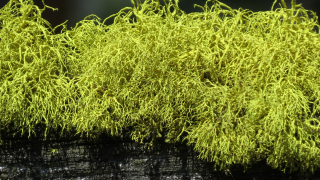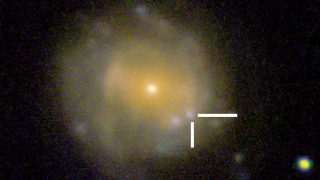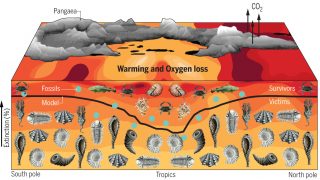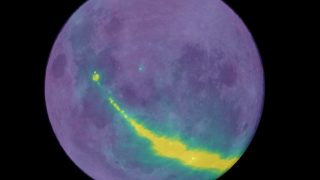
MI weekly selection #315
Brain responds to rocking during sleep with improved memory A rocking motion may help people sleep better and improve their memory by influencing their brains’ sleep oscillations. “Our volunteers — even if they were all good sleepers — fell asleep more rapidly when rocked and had longer periods of deeper sleep associated with fewer arousals […]








